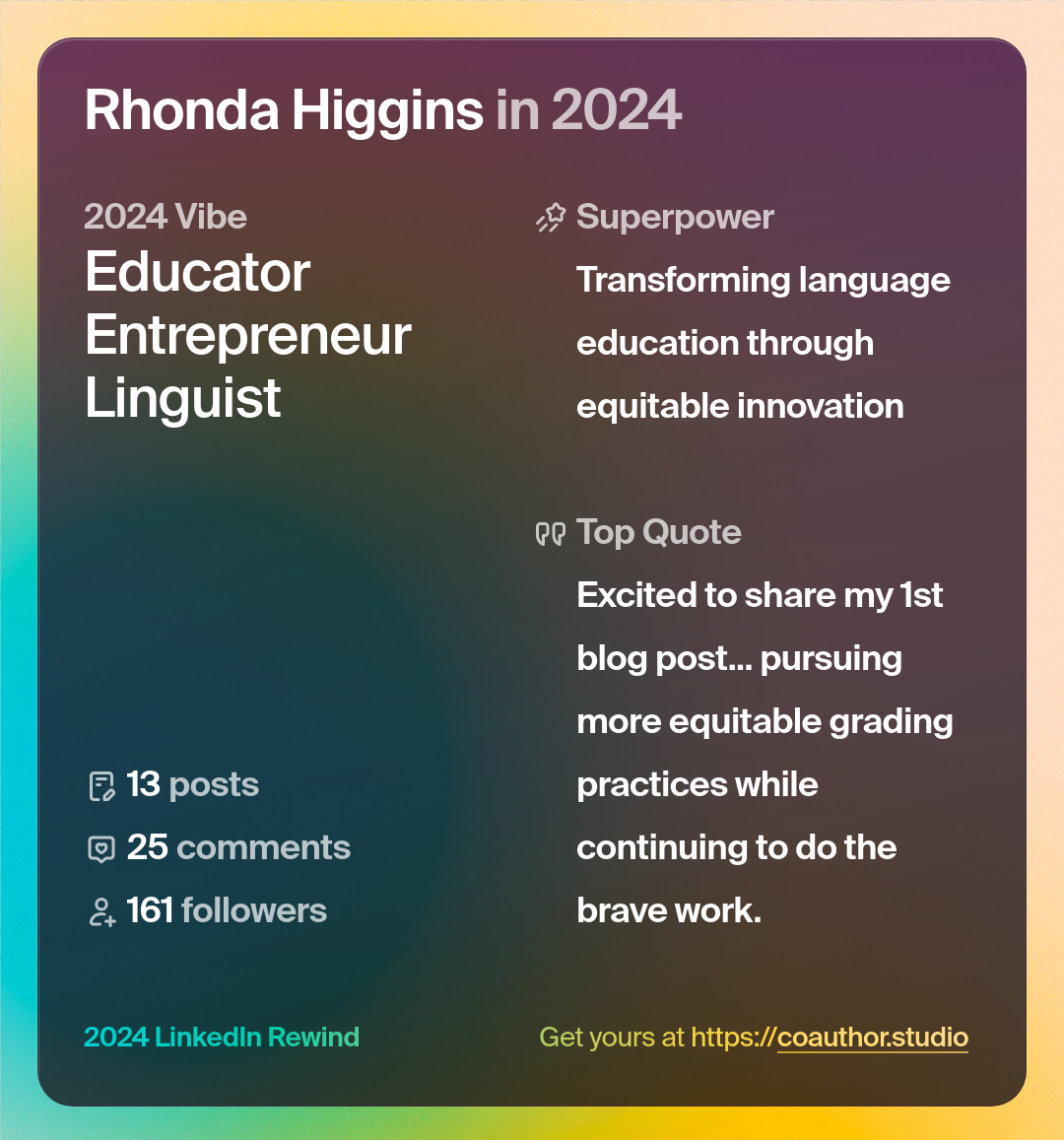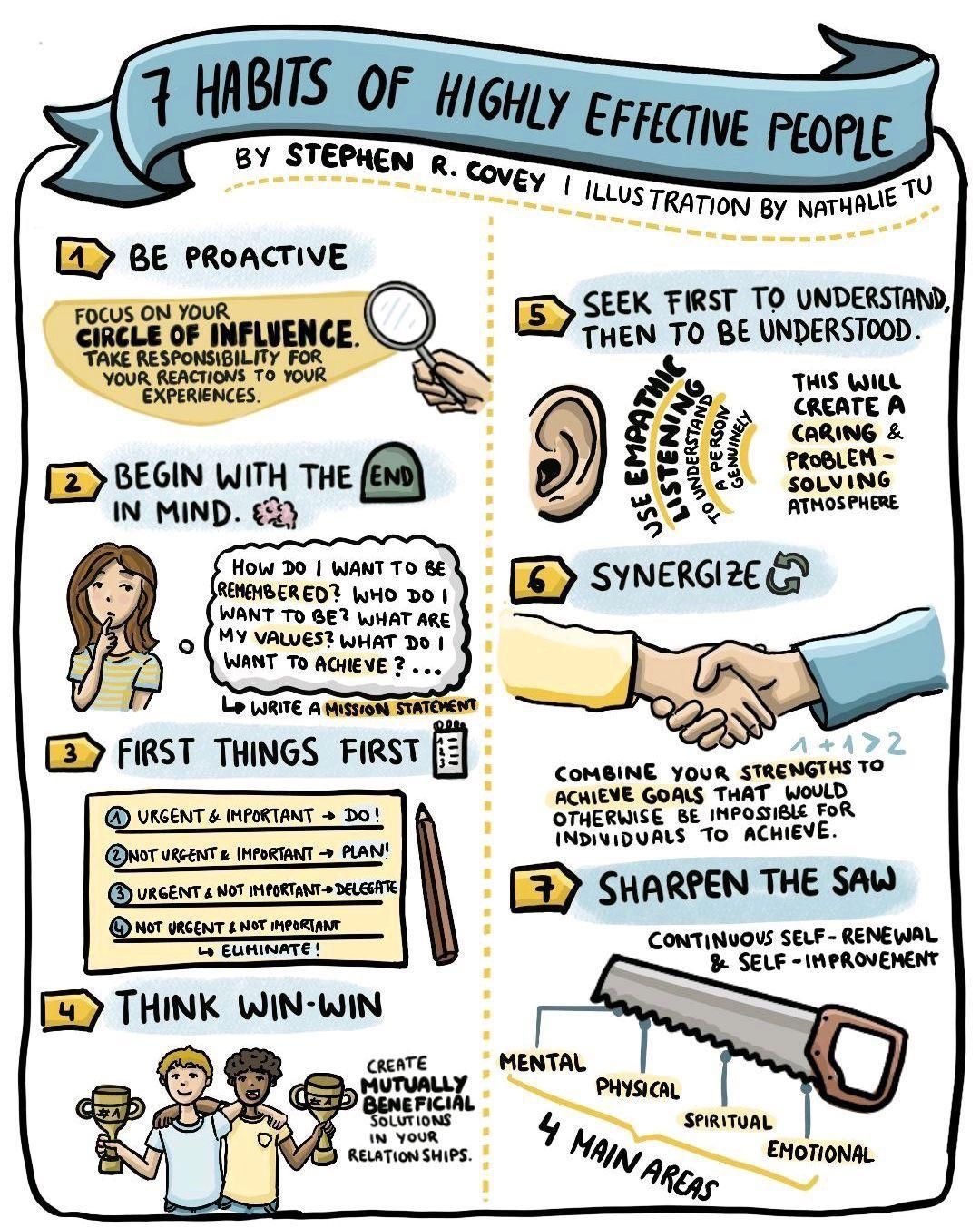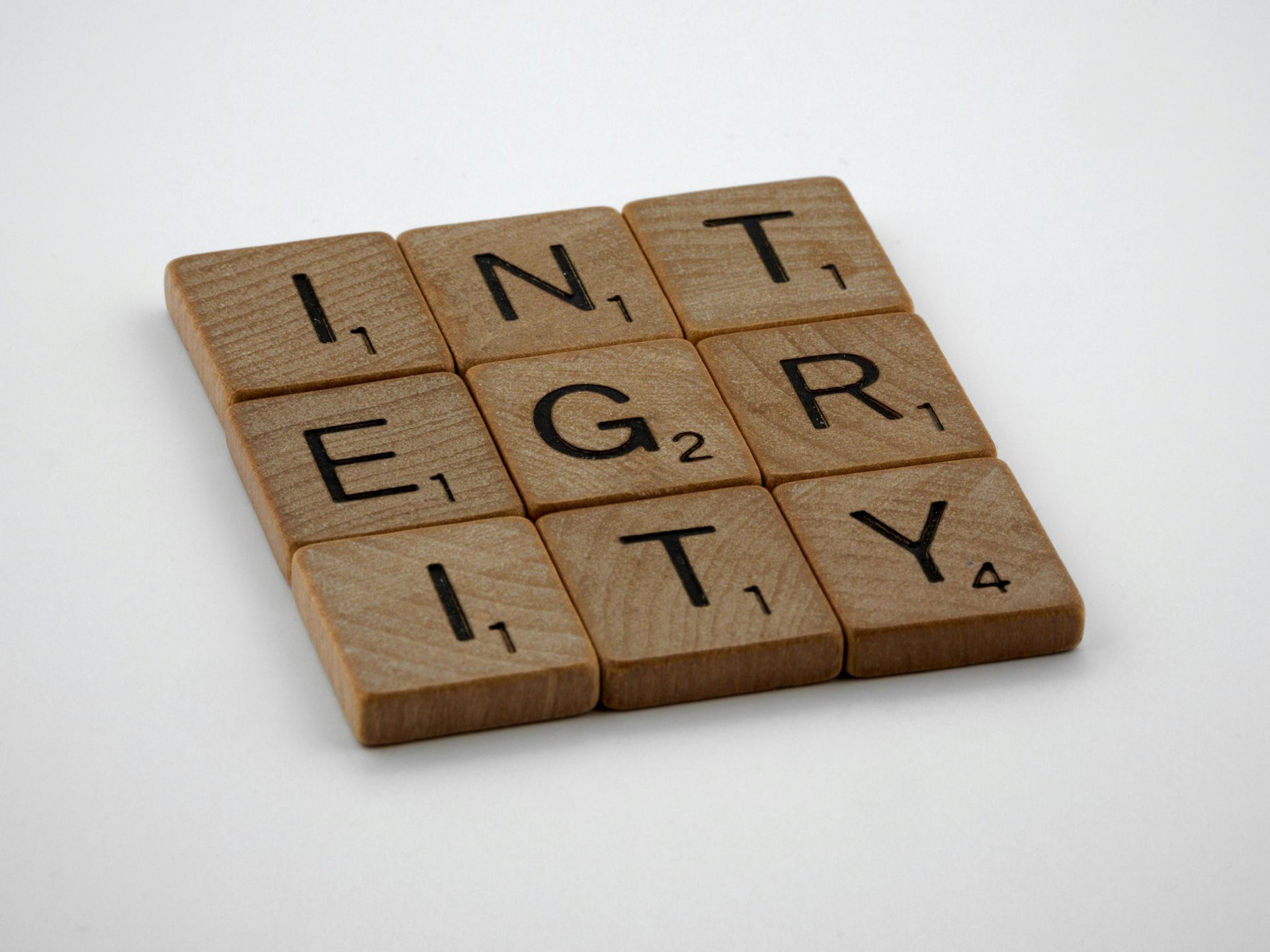By Rhonda Higgins
•
November 29, 2024
Leading and Learning with Gratitude and Integrity... Today is the day after Thanksgiving and my heart is so full. The Fall months into this holiday season are filled with a lot of joy and moments of sadness for me and I'm sure a lot of others, however, in this moment the feeling of love is palpable. Before I dig in to today's post, I want to pay tribute to some of the most influential people in my life who inspired me to take this leap of faith and begin Future Linguists LLC. I'm grateful to my family who champion me daily. I'm grateful to the ungrading community of educators around the world who invigorate, and challenge my thinking to grow from my early years of adopting a more equitable form of grading for my students. Specifically, I'd like to highlight my father, Allen Rice, Army veteran, and inspiration to all who knew and loved him. Sadly, he succumbed to his battle with Type 1 diabetes eight years ago but I feel his presence every day. The second person is my sister, Latrece Covington-Morris. She was taken from us tragically three years ago the week before Thanksgiving, by someone who was driving while impaired. Although these recent physical losses of my loved ones have greatly impacted me, I choose to honor their lives and legacy by continuing to make them proud. They were fierce advocates for students. My father mentored high school students as he coached them in track and field. My sister was just beginning her career in education as a paraprofessional working with students with special needs and then receiving her B.S. in Psychology the year she passed away. I would speak to them almost daily. Their wisdom, advice, humor, and love have carried me so many days of my life. However, even though I can't speak to them in the natural sense of the word, I've found new ways to connect with them through advocacy and giving back to my local community through service to others at my school and in my community at large. I've organized fundraising efforts with JDRF One Walk now Breakthrough T1D . I'm also now organizing an IB Festival of Hope led by high school students in our IB Personal and Professional skills class. This event will bring together thought leaders throughout our community to tackle issues they are facing, whether it's food insecurity, mental health, or others. Our hope is to host virtual interviews, connecting with schools around the country and abroad to foster international mindedness in our students and a feeling of we are all in this together to face the world's challenges. To give you an idea of what this event is all about please watch Festival of Hope Chicago highlights and if you would like to be a part of this changemaking event please feel free to reach out to me here . In my last post, "Sowing Seeds of Equity: What does this look like? we talked about the IB Leadership Capabilities framework shared by Asheka Tenzin, an experienced IBEN educator. I shared how the leadership capability I wanted to nourish is Relational Intelligence which reads; Influencing stakeholders, supporting collaboration, and fostering relationships aligns with the Communicator, Caring, and Principled attributes. Before I jump into "Truly Equitable Grading" with Thomas Guskey a podcast interview on "Leaders Coaching Leaders" , which gives valuable insights into his newest book, "Grading with Integrity" I want to touch on my efforts the past few weeks in building relational intelligence. It truly has been an eyeopener when it comes to trying to nourish this leadership capability. I led one IB PLT afterschool, and included a google form check in with an SEL question of on a scale of 1-10, how are you feeling today? Granted as someone who is still in the classroom myself, I wanted to be cognizant of teacher's time and share information with colleagues that is pertinent to the IB as well as follow up on some information that our IB team needed in order to be able to do the work and move IB forward in our school. My mind quickly shifted to equitable grading practices. Some teachers hold students to the high standard of meeting their deadlines and if they don't , they penalize students for not turning in work on time by deducting points from their grade or some other form of "grade penalty" because "that will motivate them to turn in work in a timely manner! Yet the cycle continues. It baffles me that some teachers want to penalize students for late work but when asked to submit information by a certain deadline themselves, they either don't submit it, or submit it late. The difference is, as a coordinator/teacher I am not in the position nor would I ever penalize teachers for submitting information/work late. Why would I assign a "penalty"? The penalty does not get to the root of the issue. In the United States we are so far behind our international schools in our grading practices. In the video "Traditions of grading with Tom Guskey | Corwin Leaders Coaching Leaders Podcast" Guskey speaks to this point. So I cycle back to the SEL question check in. If anyone answered with a 5 or below (Me: Instantly thinking of the store Five Below!) I reached out in an email the next day asking how can I or our IB team support you. I thought, yes, I'm building on my relational intelligence and reaching out to support my colleagues! No response, not even a like. Now fast forward to the IB conference for The Role of the Coordinator for the MYP in California that I attended last month. I found out I am not alone. This is a universal occurrence. The workshop leader had us do an activity where we went around the room and we wrote on large chart paper describing the IB Learner Profile Traits of teachers, coordinators, and how we can develop and promote attributes of the learner profile in our school. What is fascinating to me is that all of the educators in this room came from a variety of places around the globe and we share common threads in our thinking. Scroll to the end of this post to see chart papers for insights on attributes of the teacher profile, the coordinator profile, and how we can develop and promote the attributes of the learner profile in our school. After reading through the comments, if you are an IB coordinator, or leader in education in general, can you identify with any of these comments? If there are any that trigger you for example, under the attributes of the teacher profile, communicators-read newsletter/email, let me know what you do to help foster better communication in your school. I am open to new insights in how to grow in this area! Now let's take a quick look at "Truly Equitable Grading" with Thomas Guskey a podcast interview on "Leaders Coaching Leaders" . I encourage you to listen to this podcast to glean some valuable knowledge about what we have known about grading, how long we have known it, and also how little we have implemented best grading practices over the years. It is truly fascinating. Guskey talks about this in detail. He reveals that he had an opportunity with the American Educational Research Association back in 2016 as part of their 100th anniversary call out to researchers to summarize research conducted on different educational topics over the past 100 years. He and his friend Susan Brookhart put together a team to review the research about grading. Out of the many educational topics, grading has been the one that has had a great amount of new books to come out in this area. Guskey notes that in the introductory chapter of his new book, "Grading with Integrity" they did a review of the amount of newly published books about grading from 1970 to today. Guskey said, " And we found in that first 20 year period in the decades of the 1970s and 1980s, only four books have been published on grading. And three of those four dealt with grading at the college level. The only one that really dealt with it on the elementary or secondary level was a book called What Did You Get? written by Kirshenbaum and Simon. In fact, they just published a-- University of Michigan just published a 50-year anniversary of that issue, which was a tremendous contribution to our field. Then from 1990 to 2000, we had about 14 books published. From 2000 to 2010, we had another, I think, 23 books published. From 2010 to 2020, we had 56 books published on grading. And we've had, I think, another 24 published just since 2020." To me, this is a very clear indication that with the explosion of information about grading in the United States, there is a real need for transformative grading reform in our schools. Not only do we already know this, but the work of implementing transformative grading practices in our schools ultimately needs to come about with intentionality. To summarize how Guskey put it, we need to lead, grade, and teach with intentionality. He says, "And one of the ways to do that is to always make sure that we have a common language and a common understanding." This last statement resonated with me because I've found that in recent conversations about grading and assessment in my instructional leadership meetings each person at the table has their own understanding about grading. Until we can come up with a common understanding about the basic question of what does a grade mean, we cannot begin to implement best grading practices. So I implore you to listen to the podcast , and just as I have, add Thomas Guskey's newest book, "Grading with Integrity: A Research-Based Approach Grounded in Honesty, Transparency, Accuracy, and Equity" to your holiday wish lists. Listening to the podcast gave me a renewed confirmation that writing about equitable grading practices and continuing this work beyond my school walls is so important to the field of education. It really gave me a sense of renewed purpose to lead and learn with integrity and intentionality.








